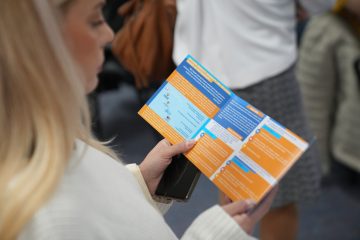Landscape of Inclusive Communication
The EDIRE team had the privilege of attending an enlightening conference focused on non-binary language, thoughtfully organized by the Sarajevo Open Centre. This gathering in Sarajevo provided a unique and insightful platform for engaging in meaningful discussions and gaining valuable insights into the ever-evolving landscape of inclusive communication.
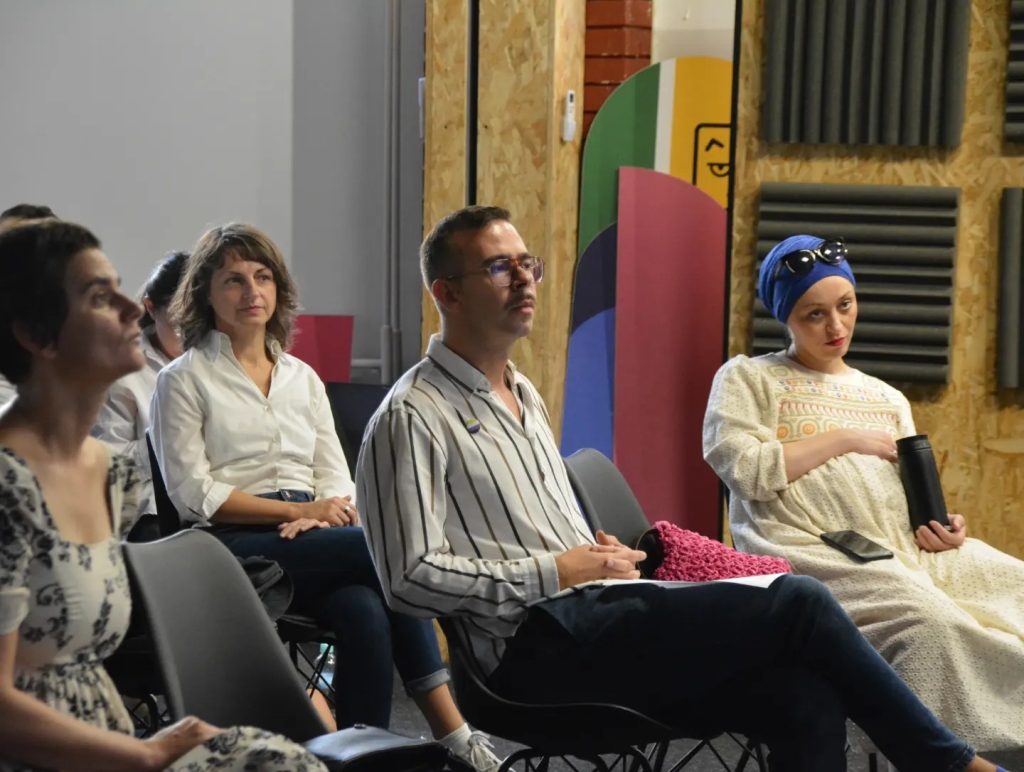
We were especially honored to feature German language professor Džana Zahirović from the University Sarajevo School of Science and Technology as a speaker at the event. Professor Zahirović not only shared her profound work but also introduced the core ideas of the EDIRE project, emphasizing our unwavering commitment to promoting equality, diversity, and inclusion through language.
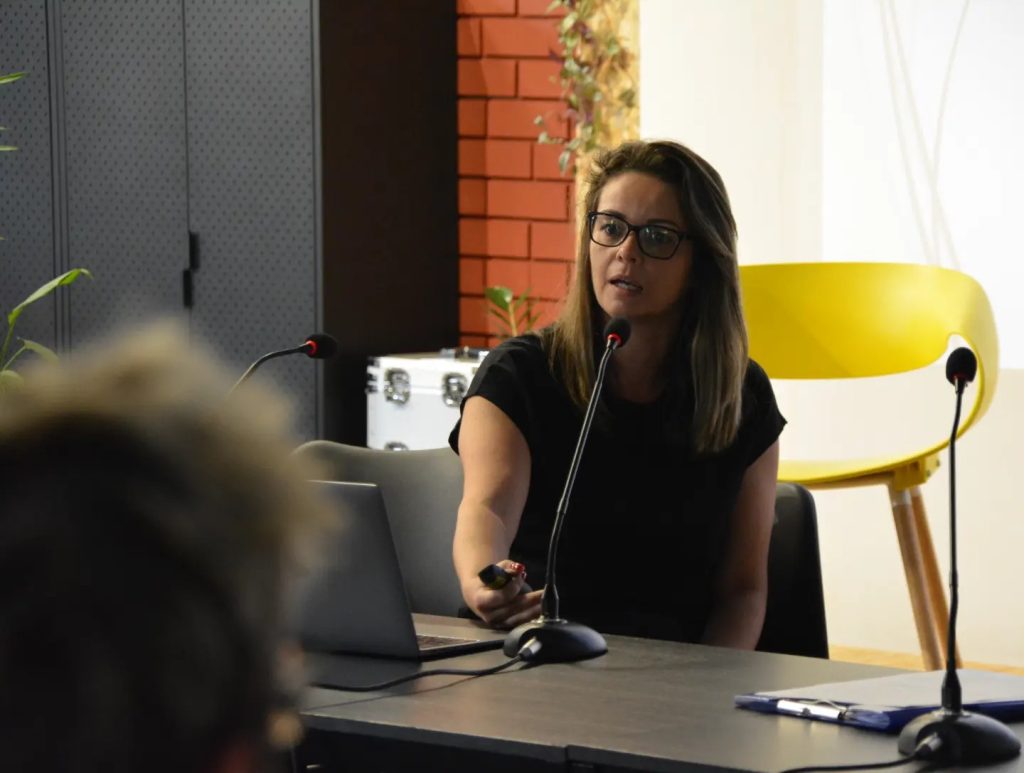
The conference comprised three-panel discussions, each covering vital themes:
- Experience Language from the Perspective of Gender Non-Binary People: This session provided an opportunity to understand language through the lens of gender non-binary individuals, offering profound insights into their experiences.
- Possibilities of Gender-Neutral/Non-Binary Language from a Professional Linguistic Perspective: In this segment, experts explored the linguistic aspects of gender-neutral and non-binary language, shedding light on its potential within professional discourse.
- From Gender-Sensitive Language to Non-Binary Language Practices – Concrete Examples: The final panel discussion delved into practical examples, illustrating the journey from gender-sensitive language to the implementation of non-binary language practices.
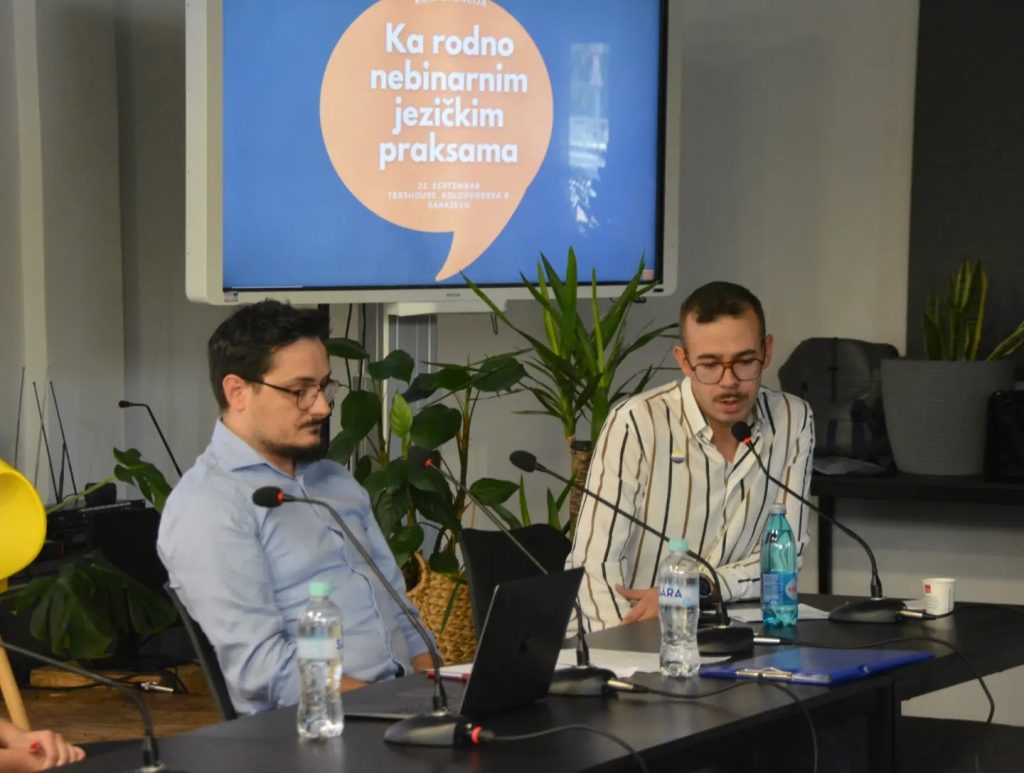

The participants in these discussions represented diverse academic backgrounds, hailing from various universities in Bosnia and Herzegovina, including the University of Sarajevo, the University of Banja Luka, and the University Sarajevo School of Science and Technology. Additionally, scholars from Croatia, notably the University of Zadar, also contributed their valuable perspectives.
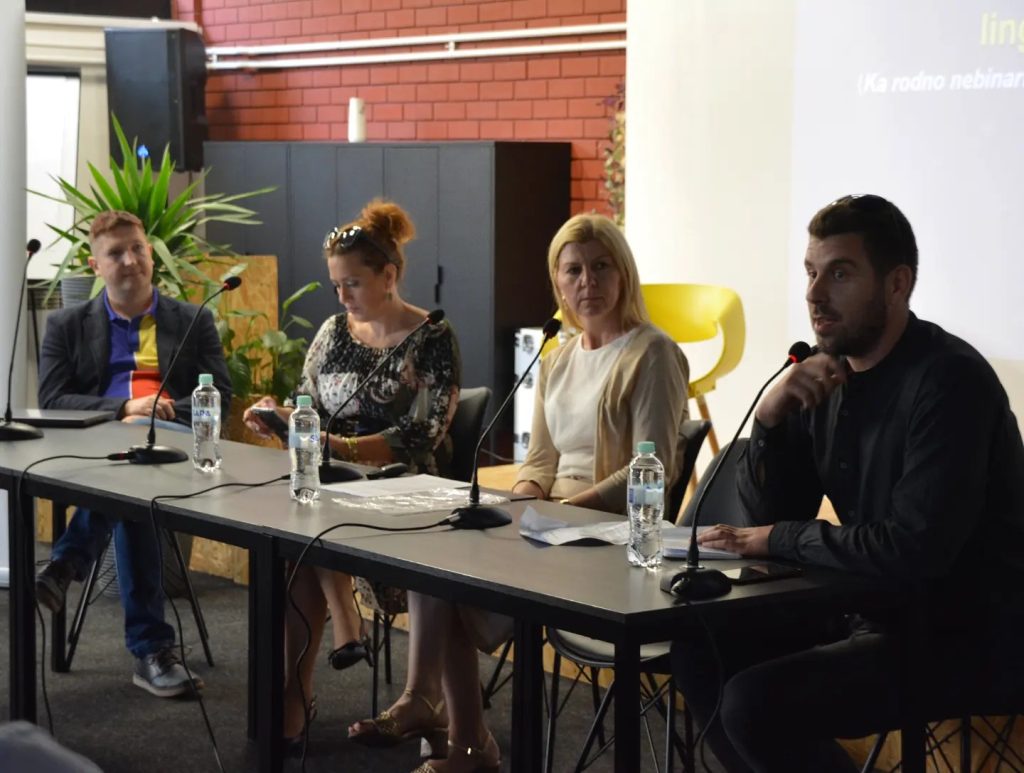
The conference was a testament to the importance of ongoing dialogue and collaboration in shaping an inclusive, diverse, and equitable linguistic landscape. We remain committed to driving positive change through our participation in such thought-provoking events and look forward to further engagements that promote the values of equality, diversity, and inclusion

